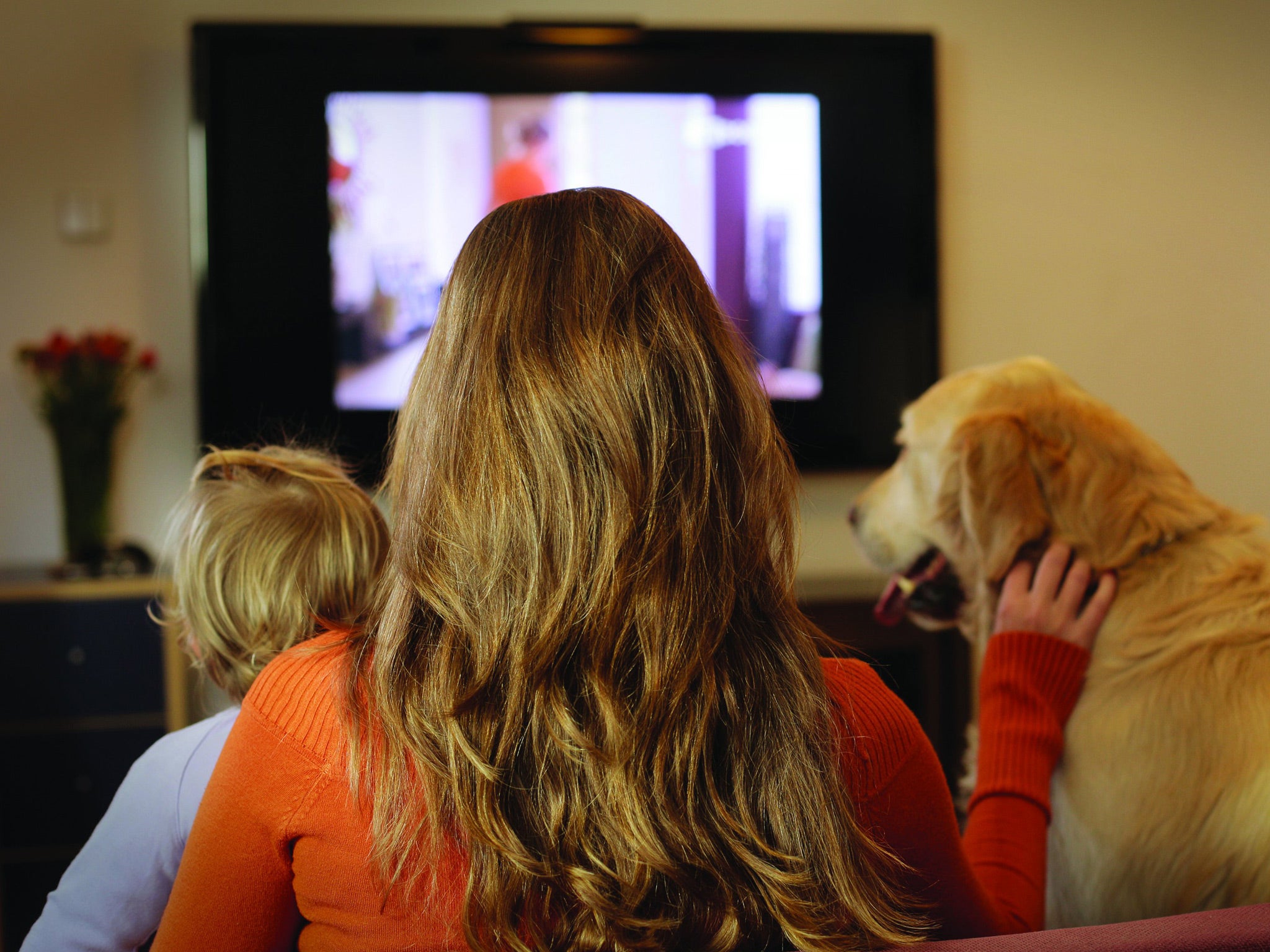Ministers consider decriminalising TV licence non-payment
More than one in ten criminal prosecutions relate to non-payment of television licence fees

Your support helps us to tell the story
From reproductive rights to climate change to Big Tech, The Independent is on the ground when the story is developing. Whether it's investigating the financials of Elon Musk's pro-Trump PAC or producing our latest documentary, 'The A Word', which shines a light on the American women fighting for reproductive rights, we know how important it is to parse out the facts from the messaging.
At such a critical moment in US history, we need reporters on the ground. Your donation allows us to keep sending journalists to speak to both sides of the story.
The Independent is trusted by Americans across the entire political spectrum. And unlike many other quality news outlets, we choose not to lock Americans out of our reporting and analysis with paywalls. We believe quality journalism should be available to everyone, paid for by those who can afford it.
Your support makes all the difference.Ministers are considering plans to scrap rules that make non-payment of the television licence fee a criminal office.
More than one in ten criminal prosecutions relate to non-payment of television licence fees and the government believes the proposals would ease the burden on the court system.
Instead of being treated as a criminal offence, resulting in fines of up to £1,000 or even jail, non-payment could be treated as a civil offence.
Tory MP Andrew Bridgen has tabled an amendment to the Deregulation Bill, which is going through Parliament, intended to change the rules.
More than 100 MPs support the amendment, which Mr Bridgen argues would benefit families struggling to afford the licence fee because the law as it stands is "criminalising them for being poor". He wants non-payment to be treated in the same way as parking tickets.
Justice Secretary Chris Grayling is among the ministers said to be taking the proposal seriously and civil servants have already been instructed to investigate its merits.
“The Culture Secretary and I both agree that this is a really interesting idea - particularly given the pressure on our courts system,” he told the Daily Telegraph. “Our departments will be doing some serious work on the proposal.”
Culture Secretary Maria Miller reportedly wants to wait until 2017 when the BBC’s Charter is renewed and its funding reassessed but is supportive of the idea “in principle”.
The BBC has come out against the idea, with a spokesman quoted as saying: "Legislation is a matter for the Government, however changing the law could lead to higher evasion. Just a one per cent increase in evasion would lead to the loss of around £35 million, the equivalent of around 10 BBC Local Radio stations."
In 2013 more than 180,000 people, of whom 155,000 were convicted, went before magistrates after being accused of non-payment of the television licence. A colour television licence costs £145.50 compared to £49 for a black and white licence.
Mrs Miller said: "This is an interesting idea but timing is crucial and decriminalisation of the licence fee should be on the table during charter review, not separate to the process."
A spokesman added: "We know that the Justice Secretary shares her view. Maria will put decriminalisation of the licence fee on the table during Charter Review discussions, but to do it before makes no sense .
"She has made clear that the BBC needs to get its house in order, particularly when it comes to governance and transparency, having decriminalisation on the table during the negotiations will focus the BBC's minds."
Join our commenting forum
Join thought-provoking conversations, follow other Independent readers and see their replies
Comments